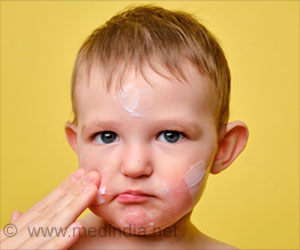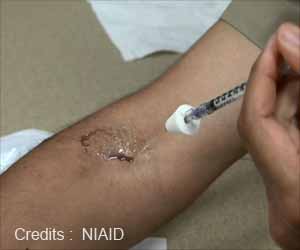- Early use of skin emollients can successfully prevent infantile atopic dermatitis development
- Moisturizers, an emollient emulsion, are the best option among the three emollient types available to prevent atopic dermatitis in infancy
Treatment of Atopic Dermatitis
Eczema has no known treatment. However, medications can lessen symptoms. Depending on the severity of the symptoms, the child’s age, and the location of the rash, the doctor will advise a different course of treatment. Some are applied topically to the skin. Others are consumed orally.Topical Moisturizers:
It is best to frequently moisturize the skin (ideally, two or three times a day). A moisturizer should be applied after taking a bath or shower, and gently pat your skin dry.Topical Corticosteroids:
Also known as steroid creams or ointments or cortisone creams these help reduce skin irritation. It is crucial to avoid using a topical steroid without a doctor’s prescription. The strength of these creams and ointments varies and applying the incorrect amount in delicate areas can cause skin damage, especially in young children.Topical Anti-inflammatory Drugs:
These include drugs that alter how the immune system responds.Oral Medications:
These may include corticosteroids or other immune-suppressing medications, and antihistamines (anti-allergy medications) to help reduce itching and help the children sleep through the night. Antibiotics can be used if a rash becomes bacterially infected.Other Forms of Eczema Treatment can Consist of:
UV light therapy is also known as phototherapyWet wraps are applied to skin that is irritated
Bathing in a diluted bleach solution is known as a ‘bleach bath’
What can Parents do to Avoid Eczema Triggers
Short Warm Water Showers:
It is best to opt for brief, warm (not hot) showers or baths. Before using cream or ointment, clean the baby’s skin with gentle, unscented soaps or non-soap cleansers, then pat it dry.Use Cotton Clothes:
Use comfortable, ‘breathable’ materials like cotton. Polyester or wool may be too abrasive or irritating for the child’s skin.Short Fingernails:
To avoid skin damage from scratching, keep the child’s fingernails short.Avoid Exposure to Allergens:
Eliminate recognized allergens such as pollen, mold, and cigarette smoke from your home.Source-Medindia
















